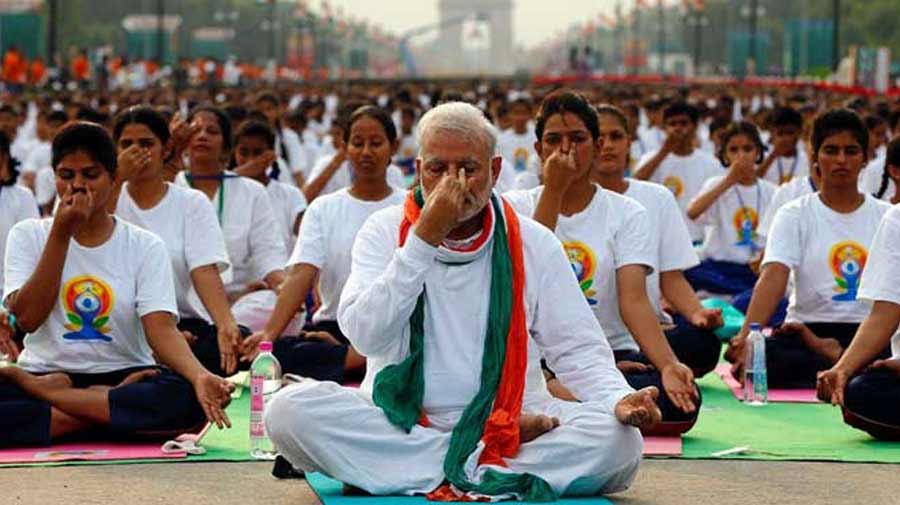
India’s Soft Power Diplomacy: A Key Factor in Its Quest for Superpower Status
Tue, 18 Apr 2023 | Reading Time: 3 minutes

Introduction
India, the world’s largest democracy, has been on a quest for superpower status for several decades. Under the leadership of Prime Minister Narendra Modi, India has made significant strides in enhancing its global stature. India’s economic growth, military capabilities, and soft power diplomacy have been the focus of much attention. While India’s hard power is crucial to its rise as a global player, its soft power is equally important. In this article, we will explore India’s soft power diplomacy and its role in India’s quest for superpower status.
India’s Soft Power Diplomacy
Soft power refers to the ability of a country to influence others through its culture, values, and policies. India’s soft power is rooted in its rich cultural heritage, its democratic values, and its commitment to peace and non-violence.
Cultural Exports
India’s soft power is evident through its cultural exports. Indian culture has made a significant impact globally, from yoga to Bollywood. Yoga, which originated in India, has gained immense popularity worldwide, with millions of people practicing it for health and wellness benefits. Indian cinema, especially Bollywood, has a massive fan following globally, making it an important tool for promoting India’s culture and values. Indian cuisine is also becoming increasingly popular, with Indian restaurants opening in major cities around the world. These cultural exports have helped India establish a positive image globally, enhancing its soft power.
India’s Democratic Values
India’s commitment to democracy is another crucial factor in its soft power. As the world’s largest democracy, India has set an example for other countries to follow. Despite its diverse population and complex socio-economic challenges, India has managed to maintain its democratic values and institutions. Its free and fair elections, independent judiciary, and vibrant civil society are the hallmarks of its democratic system. India’s democratic values have also helped it establish itself as a responsible global player, committed to promoting human rights, peace, and stability.
India’s Commitment to Peace and Non-Violence
Under the leadership of Prime Minister Modi, India has also demonstrated its commitment to peace and non-violence. India’s foreign policy is based on the principle of Vasudhaiva Kutumbakam (the world is one family). India has been at the forefront of global peacekeeping efforts, contributing to UN peacekeeping missions around the world. India has also taken a lead role in promoting regional peace and stability, especially in South Asia. Its efforts to engage with its neighbours, including Pakistan and China, have been aimed at reducing tensions and promoting cooperation.
Role of Soft Power Diplomacy in India’s Rise as a Superpower
India’s soft power diplomacy is a key factor in its quest for superpower status. Its cultural exports, democratic values, and commitment to peace and non-violence have helped it establish a positive image globally. India’s soft power has also helped it promote its economic and strategic interests. As India emerges as a major economic power, its soft power is becoming even more important. India’s ability to attract investments, trade, and tourism is largely driven by its soft power. Its growing influence in global forums such as the G20 and the BRICS is also a reflection of its soft power. India’s cultural exports have helped it establish itself as a major cultural force globally. India’s soft power has also helped it establish itself as a responsible global player committed to promoting peace, stability, and human rights.
India’s soft power has also helped it promote its economic and strategic interests. As India emerges as a major economic power, its soft power is becoming even more important. India’s ability to attract investments, trade, and tourism is largely driven by its soft power. India’s growing influence in global forums such as the G20 and the BRICS is also a reflection of its soft power.
India’s soft power is also crucial in its strategic competition with China. While China has been rapidly expanding its hard power, it has struggled to establish a positive image globally. India, on the other hand, has been able to leverage its soft power to counter China’s assertive behaviour. India’s cultural and democratic values have resonated with many countries, especially in the Indo-Pacific region. India’s soft power has helped it build partnerships with other countries, especially in the region, to counter China’s influence.
Conclusion
In conclusion, India’s soft power diplomacy is a key factor in its quest for superpower status. India’s cultural exports, democratic values, and commitment to peace and non-violence have helped it establish a positive image globally. India’s soft power has also helped it promote its economic and strategic interests and build partnerships with other countries to counter China’s influence. India’s soft power is becoming even more critical as it emerges as a major economic and strategic player. India’s rise as a superpower is not just about its hard power, but also about its ability to influence others through its culture, values, and policies.
Disclaimer
The opinions expressed in this article are the author’s own and do not reflect the views of Chanakya Forum. All information provided in this article including timeliness, completeness, accuracy, suitability or validity of information referenced therein, is the sole responsibility of the author. www.chanakyaforum.com does not assume any responsibility for the same.
Chanakya Forum is now on . Click here to join our channel (@ChanakyaForum) and stay updated with the latest headlines and articles.
Important
We work round the clock to bring you the finest articles and updates from around the world. There is a team that works tirelessly to ensure that you have a seamless reading experience. But all this costs money. Please support us so that we keep doing what we do best. Happy Reading
Support Us




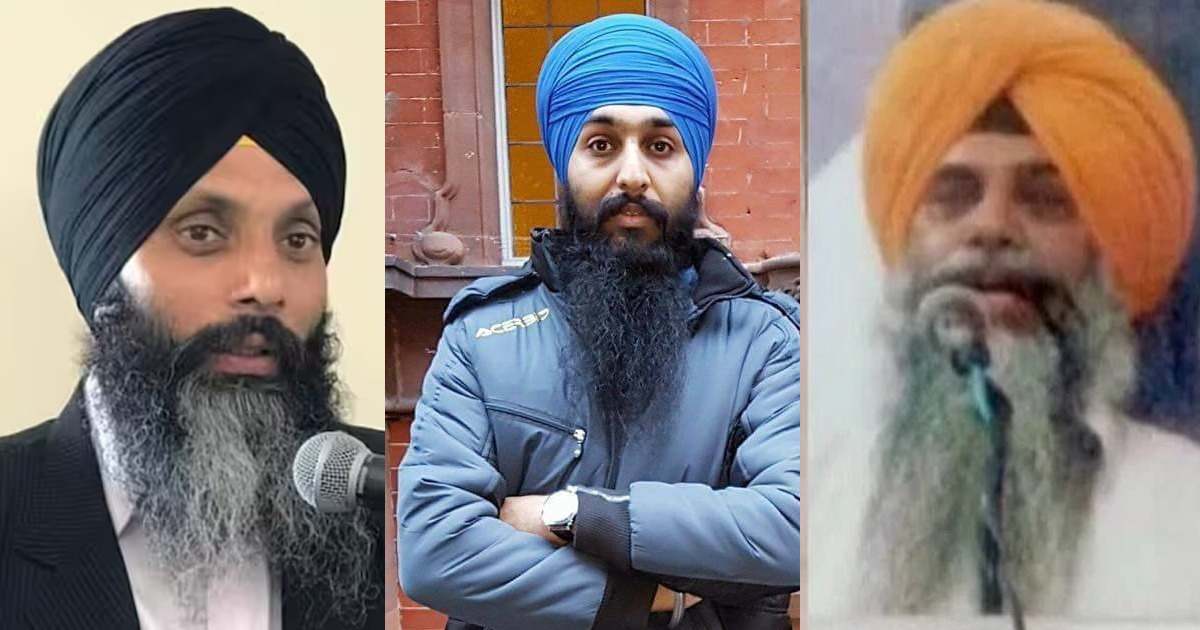
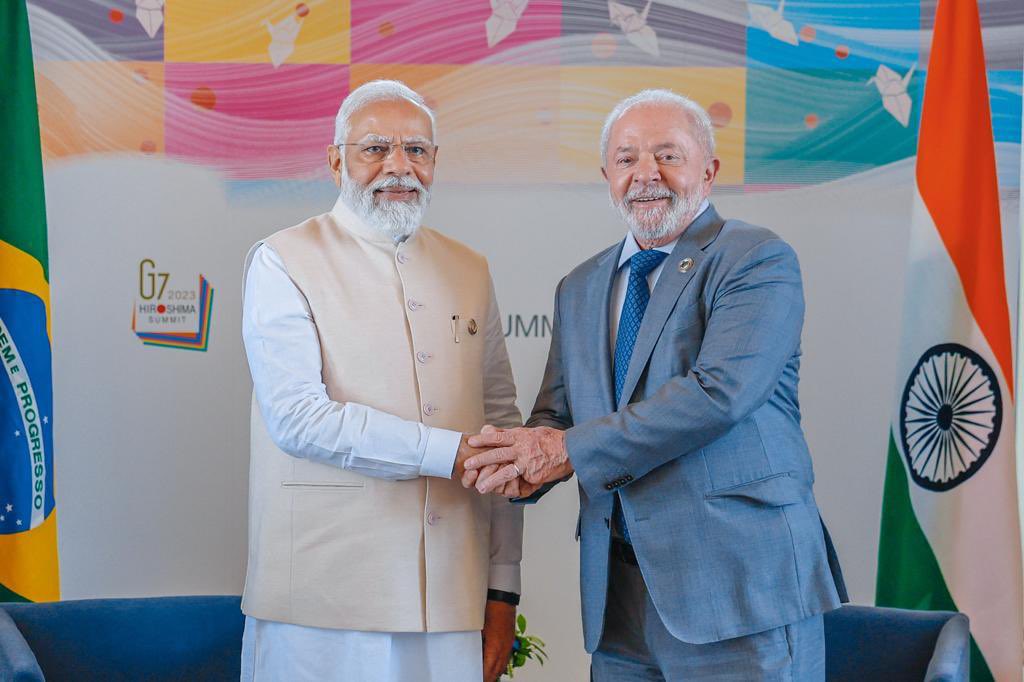

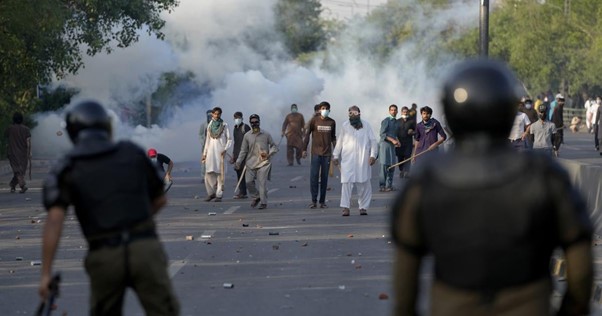

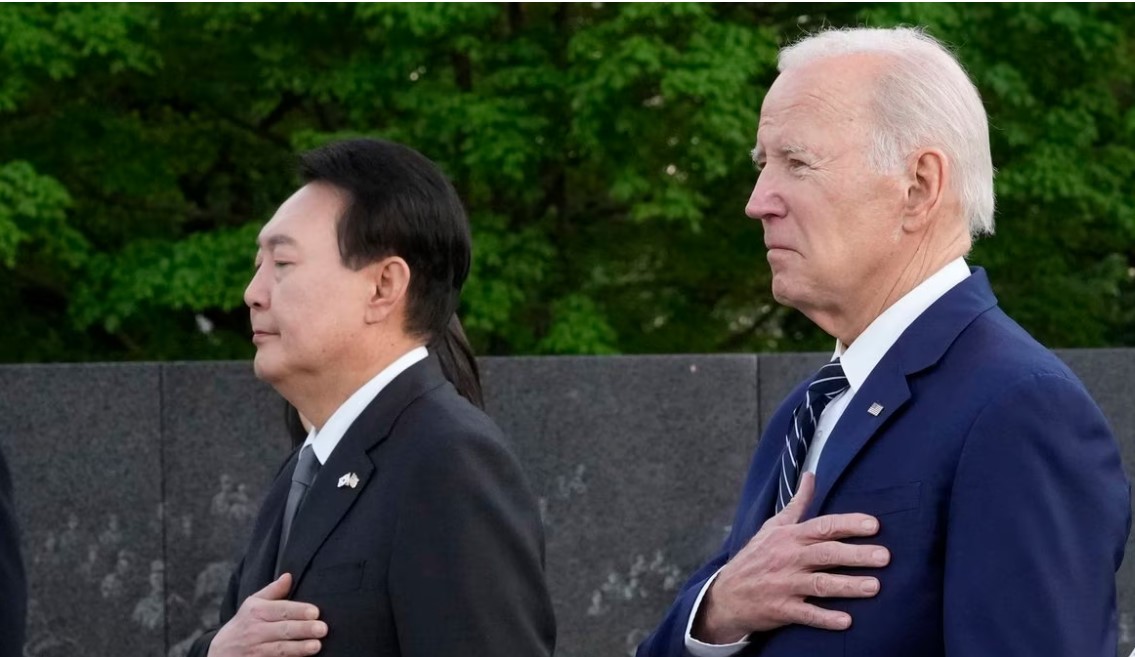

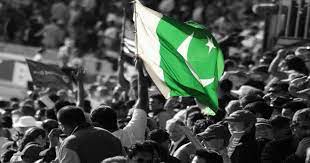
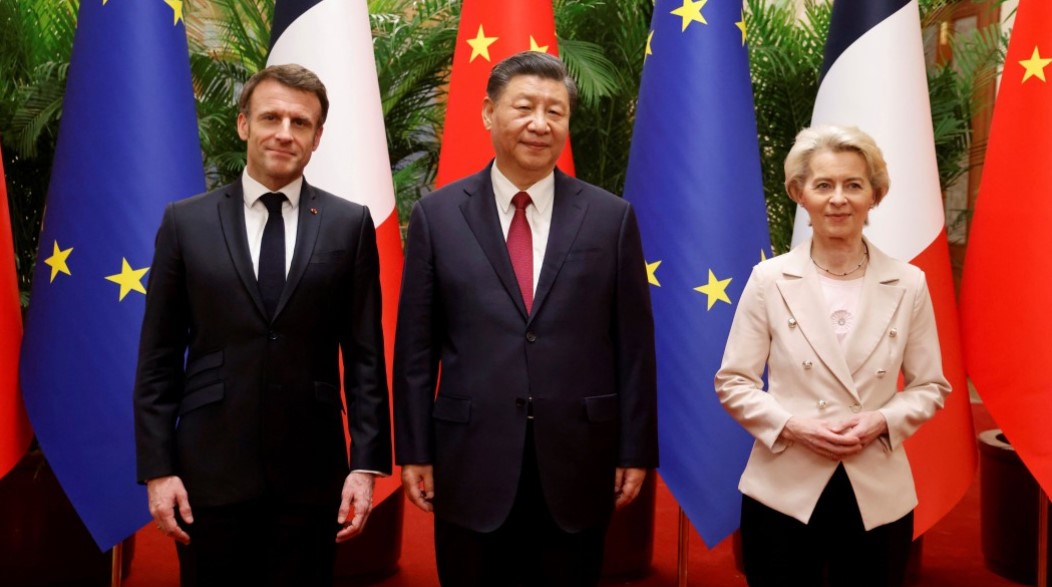







POST COMMENTS (0)